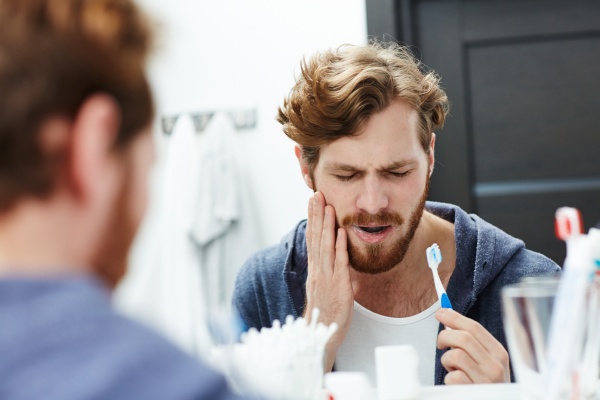FIGHT FATIGUE, especially when associated with oral health treatment

Whether planning to or having already undergone dental treatment/surgery,the signs of stress, fatigue and exhaustion are very real!
I would like to share some helpful hints about how to reduce stress, fatigue, and exhaustion either before or after any kind of dental or medical intervention. Knowing how to control these fundamental aspects of our humanness will significantly help our recovery time be much less taxing on our mental and physical well being. Lets begin!
EAT RIGHT
Nutrition plays a very important role in healing and in the overall feeling of well-being.
+Eat frequently ( 6-8 times/day) while on a liquid diet to maintain energy levels high
+Stick to a soft diet when nursing a dental wound or sore tooth
+At least 3 of your daily meals ( 6-8) should consist of a nutritional supplement.
+Avoid drinking sugary liquids as these may result in tiredness, agitation, and shakiness
+Add a scoop of protein, soy, tofu to your diet to maintain a balanced intake.
DROOLING
Although unpleasant, drooling is not uncommon after having had dental anesthesia for either nonsurgical dental treatment or for more complex surgical procedures. The inflammation resulting from the therapy may not allow for proper positioning of the lips. This is only temporary and will dissipate usually within a week to ten days. Be prepared! Make sure a washcloth and tissues are close by.
CONSTIPATION
Your body will need to adjust to a new diet and medications in the first several days or weeks. Pain medications, antibiotics, and special dietary items are a common cause of constipation. Your diet must include:
+6-8 glasses of water/day
+pureed fruits
+fruit juices (prune ), pureed or juiced vegetables, and fiber ( powdered, wheat or Bran )
+ Senekot ( natural vegetable laxative found over the counter ); children's form comes in a liquid form, making it easier to consume should the jaw be tired, banded, or unable to swallow pills.
PLAN AHEAD
Having an idea of what you may need, want , or benefit from before the day of surgery will make for a much less stressful experience. Here are a few tips:
+Use lists, hints, and ideas
+Have a meal plan
+Have food on hand for a quick, easy meals
+Keep Pre-frozen foods
+Prepare the items you will need for comfort and recovery
REST
Your body will need all the energy it can harvest while in the recovery and healing phase after surgery.
+Do NOT overexert yourself
+Delegate tasks to others
+Take it easy
+Don't rush it
+Pamper yourself and allow others to do the same for you
REDUCE ANXIETY
Your fear of the unknown, or expecting perceived problems, can create much anxiety.
+Make a pre-plan of action on how to be ready after surgery.
+Ask your doctor the questions you may have and write the answers down.
+Make sure your doctor explains the pain management protocol he is preparing for you BEFORE your surgery date.
WAYS TO RELAX
*Whatever makes YOU feel good!
*Surround yourself by whatever makes you happy...your favorite things!
*Do something nice for yourself...manicure, pedicure, new pajamas, new slippers, hair cut
*Look forward to something you want to plan
*Keep a diary
*Find help while you recover
*Take your pain medications as prescribed
*Wear comfortable clothing
*Take gentle walks, breathing deeply along the way
*


